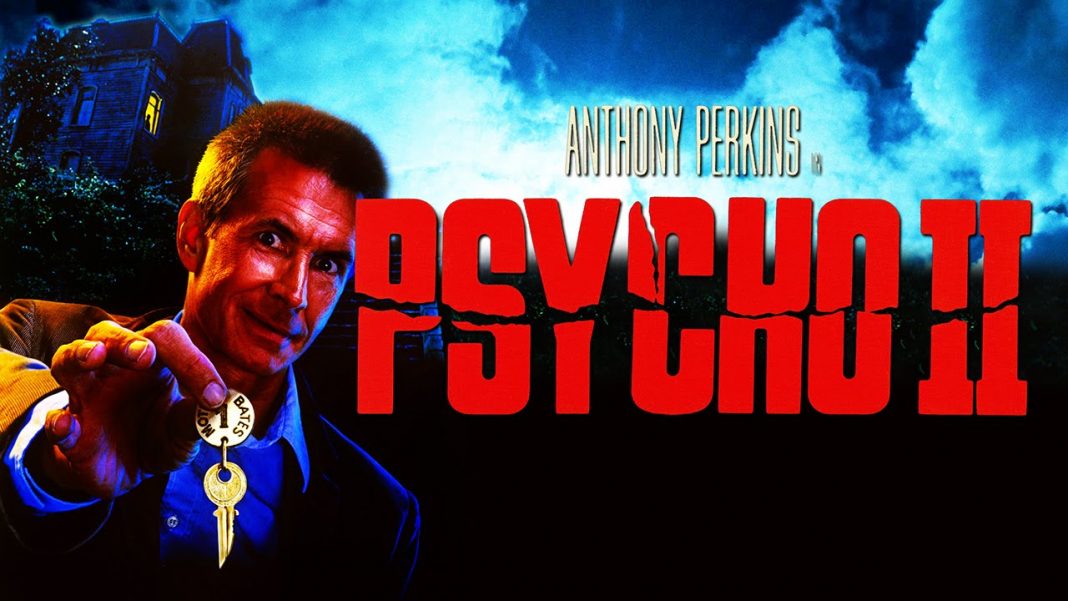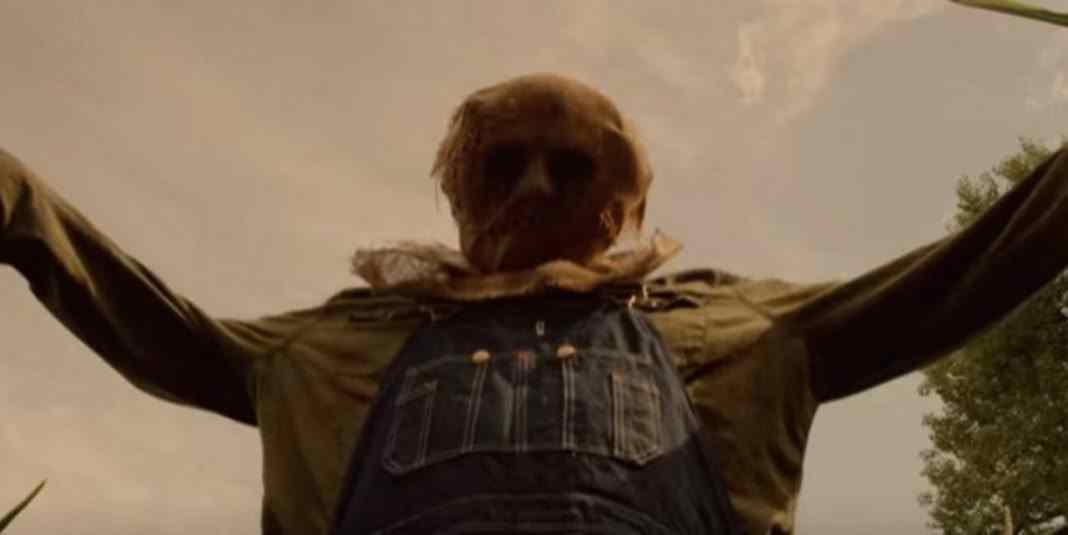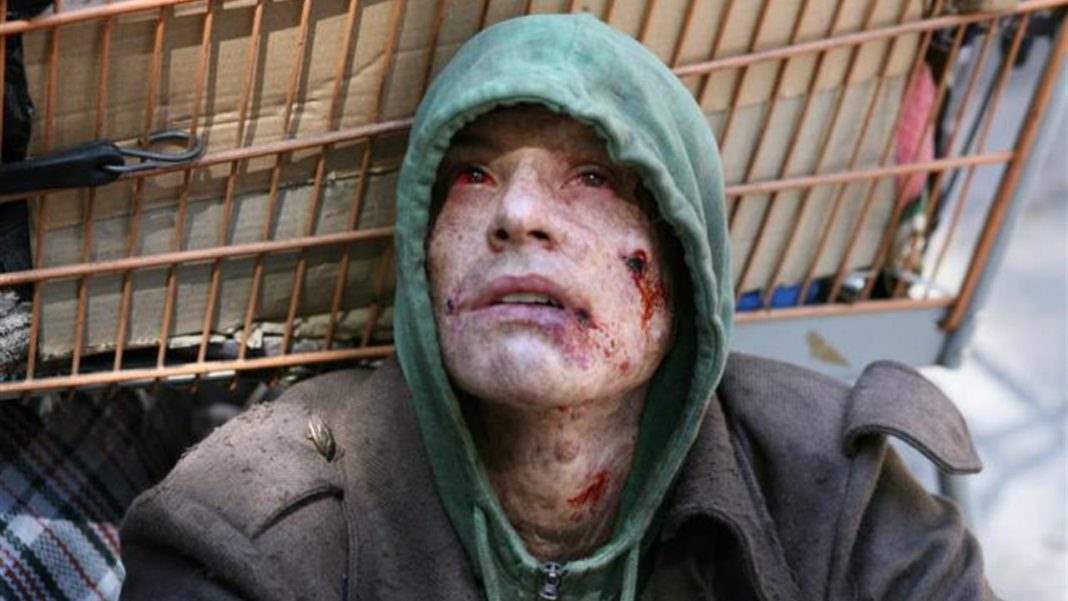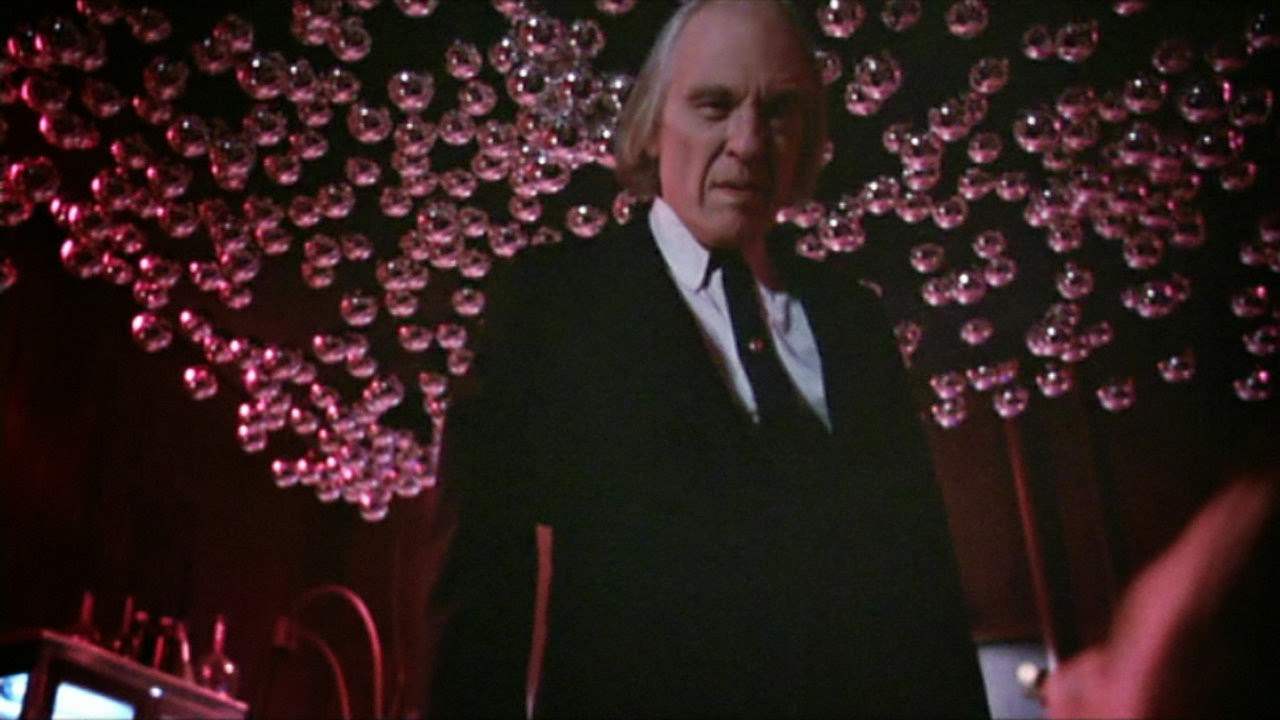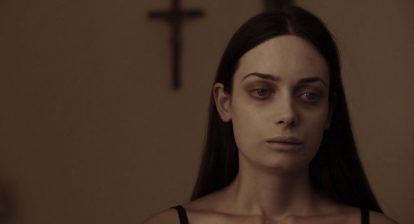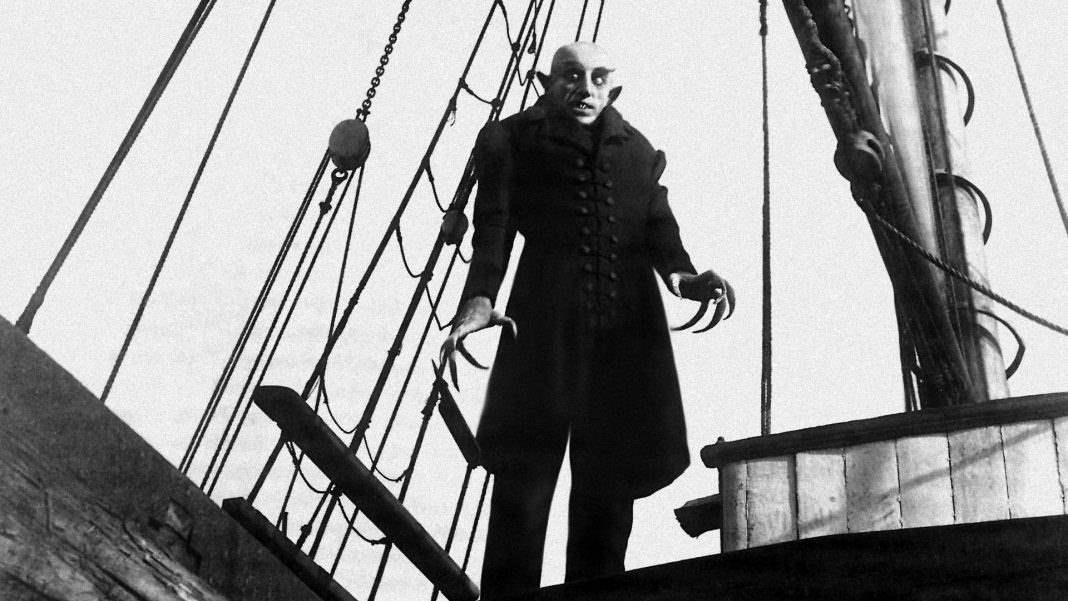When a horror film builds a reputation for being a classic, especially when it’s widely considered to be one of the best of all time, it’s harder and harder for it to become a franchise. People are the most skeptical of sequels to great movies because they’re worried that it will somehow ruin the original. It’s the same mentality that tainted both the Exorcist and Omen franchises. And while both of those series did produce a great sequel or two, they are pretty sketchy overall (But hopefully David Gordon Green can overcome that trend with his upcoming trilogy of sequels to The Exorcist).
In the case of Psycho, it’s a little more frustrating because each of the sequels really does have something to offer. Just looking at the original Anthony Perkins series, from Psycho to Psycho IV: The Beginning, there’s a lot of good there. It’s not a bad series by any means and Perkins continues to not only play the character of Norman Bates well, but to evolve him with each entry.
Starting with Psycho II, it’s easy to see why people were so dismissive of this entry. The sequel was following over twenty years after the original. It was coming out at a time when the slasher genre was at its peak and people rightfully assumed that was the only reason why Universal was making it in the first place. If it was being made today, the entire Internet would be up in arms over it. Even when it was coming out, people were very skeptical.
But Psycho II is a terrific follow up effort. It definitely ranks among my favorite sequels of all time, because it subverts expectations. Norman is back, but he’s recuperated, he’s trying as best he can to reintegrate into society and overcome the demons of his past. He’s a mentally ill man trying to better himself and maintain some semblance of a functional, normal life. And he’s doing great until Lila Loomis, sister of Norman’s most infamous victim, starts trying to manipulate Norman into going insane again.
Related Post: Psycho II is Almost as Good as the Original: Here’s Why!
She wants to prove that he’s a killer by turning him into one all over again and it’s hard to imagine colder motivation than that. Even knowing what he’s done, we’re rooting for Norman in this one. We don’t want him to be the killer because everything he’s being subjected to is just as horrible as anything he ever did. As an audience, we’re invested in Norman and we want him to be better. Much of that is due to Perkins’ sympathetic performance and a great script by Tom Holland.
Psycho III isn’t as strong a sequel as II, but it is an interesting film and gets points for being much more in line with the original. It feels very similar in structure to the first feature, which makes sense given that the second took things in a very interesting direction. Fans who were disappointed that Bates was (spoiler) not really the killer in the second were pleased to see him get up to his old tricks. This is clearly where the ending of the second was leading, though, so Bates’ return to form makes sense.
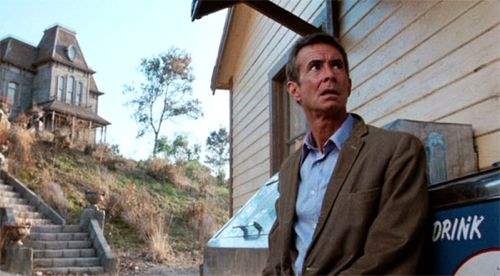
Psycho III feels like a mash-up of Alfred Hitchcock and Tobe Hooper. You wouldn’t think that would work on principle, but it’s a combination of styles that actually makes the film more endearing.
While the third entry saw Perkins step into the role of director, Psycho IV: The Beginning brings back original screenwriter Joseph Stefano. While the original film was based on a novel by Robert Bloch, Stefano took liberties with the adaptation and created a Norman that was different in many ways from the source material. As far as the screenwriter was concerned, this was the origin of his Norman.
While the film was a made-for-TV production, it boasts an impressive cast including E.T.’s Henry Thomas as young Norman Bates and Olivia Hussey as Norma Bates (who had never been physically portrayed on film up to that point). At the same time, it brings back Anthony Perkins, telling his story to a radio show host while he weighs the decision of killing his wife after finding out that she’s pregnant—simply because he doesn’t want another monster like him in the world.
Did You Know? Wicked Horror TV Has Classic and Independent Horror Films Available to Stream for Free!
 Unlike almost all horror franchises, Psycho IV is not only the last true sequel, but it genuinely feels like an ending. The film ends with Norman burning down the iconic house and finally putting the ghosts of the past to rest. It’s surprisingly touching and actually feels complete.
Unlike almost all horror franchises, Psycho IV is not only the last true sequel, but it genuinely feels like an ending. The film ends with Norman burning down the iconic house and finally putting the ghosts of the past to rest. It’s surprisingly touching and actually feels complete.
It’s a shame that the Psycho sequels don’t get more credit because they make up what is easily one of the best horror franchises in terms of quality between entries. Yes, there was a bad remake, but the legacy is still strongly represented in the Bates Motel TV series. And even the made-for-TV spinoff movie with Harold and Maude’s Bud Cort was interesting.
Even still, Psycho is one of the most beloved entries in the canon of American film, and for good reason. But that place of reverence, that high pedestal, means that anything that follows is naturally viewed as beneath it. While fans have started coming around to the sequels, it took years, and it still feels like there’s some discomfort in calling Psycho a franchise in the first place—even if it is one of the best.
